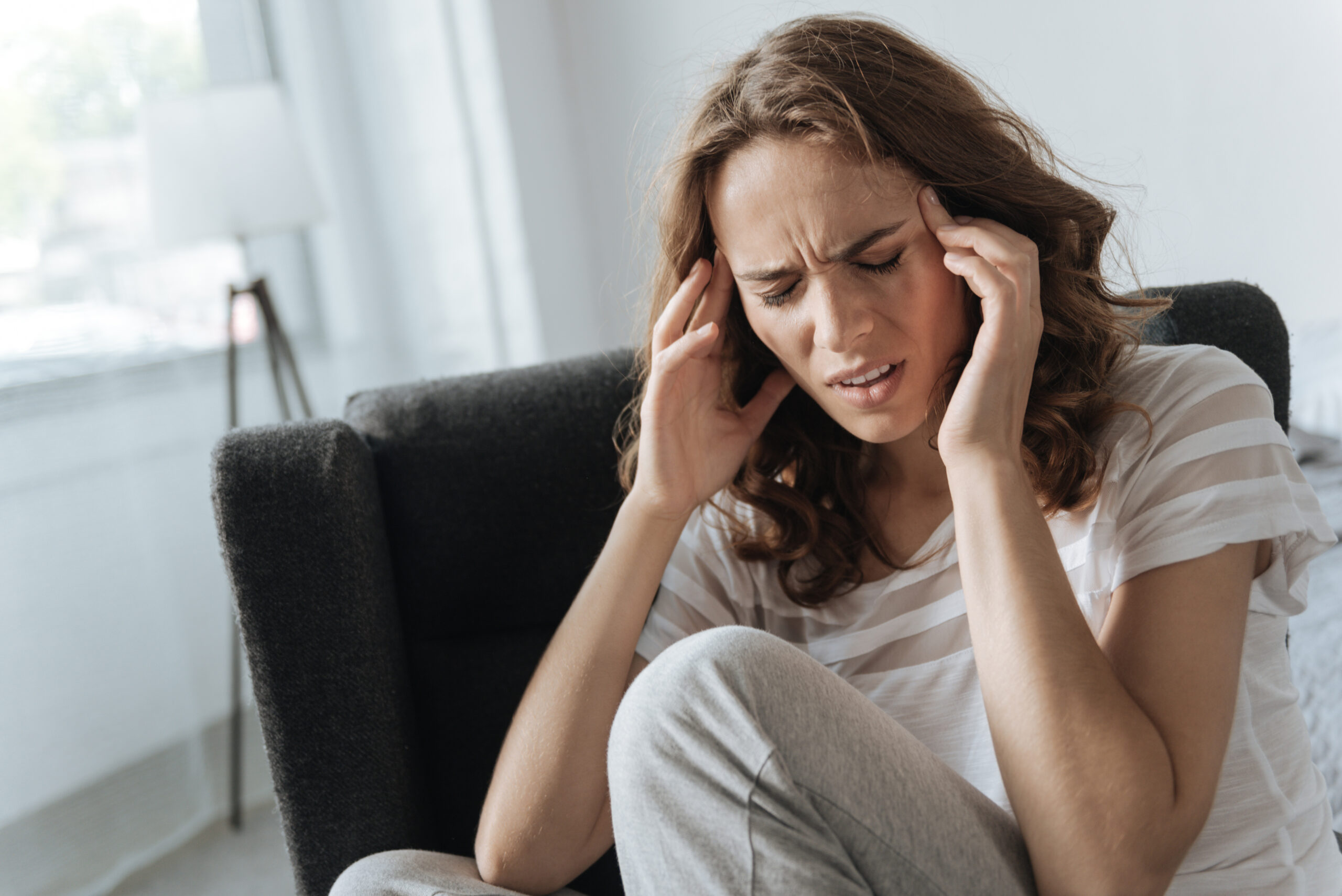Stop Suffering – Find Migraine Relief Today
Updated: Apr 04, 2025
Finding relief from migraines is now easier than ever. With new medical treatments and a better understanding of how lifestyle affects migraines, people have more ways to handle their pain. Find relief today!

Pain relievers
Over-the-counter (OTC) pain relievers such as aspirin, ibuprofen, and acetaminophen can be effective in reducing the pain and discomfort of migraines. These medications are easy to access and can be taken at the first sign of a migraine. However, if OTC medications do not provide relief, prescription-strength pain relievers may be necessary. These include:
Triptans: Triptans are a class of medications specifically designed to treat migraines. They work by constricting the blood vessels in the brain and blocking pain signals. Common triptans include sumatriptan, rizatriptan, and zolmitriptan.
Ergotamines: These medications also constrict blood vessels in the brain and are used to treat migraines that do not respond to triptans. They can be effective but are generally used less frequently due to potential side effects.
Anti-nausea medications
Migraines can cause severe nausea and vomiting, which can further exacerbate the symptoms. Anti-nausea medications can be used to alleviate these symptoms. Common options include:
Metoclopramide: This medication helps control nausea and vomiting associated with migraines.
Prochlorperazine: Another effective medication for reducing nausea and vomiting.
Triptans
Triptans are among the most commonly prescribed medications for migraines. They work by constricting blood vessels and blocking pain pathways in the brain. Several types of triptans are available, including:
Sumatriptan: Available in various forms such as tablets, nasal sprays, and injections.
Rizatriptan: Often prescribed in tablet form.
Zolmitriptan: Available as tablets and nasal sprays.
Dihydroergotamine (DHE)
DHE is another medication that works by constricting blood vessels in the brain, similar to triptans. It is often used in cases where triptans are ineffective or not well-tolerated. DHE can be administered as a nasal spray or injection.
Anti-depressants
Certain antidepressants can be effective in preventing migraines from occurring. These medications work by regulating the levels of certain chemicals in the brain that can trigger migraines. Commonly used antidepressants for migraine prevention include:
Amitriptyline: A tricyclic antidepressant that helps reduce the frequency of migraines.
Venlafaxine: A serotonin-norepinephrine reuptake inhibitor (SNRI) that can help prevent migraines.
Anti-seizure medications
Some anti-seizure medications have been shown to be effective in preventing migraines. These medications work by reducing the excitability of brain cells that can trigger migraines. Examples include:
Valproic Acid: Helps stabilize electrical activity in the brain.
Topiramate: Commonly used for migraine prevention and can reduce the frequency of attacks.
Botulinum Toxin (Botox)
Botox injections have been approved by the FDA for the treatment of chronic migraines. They work by blocking the release of certain chemicals in the brain that can trigger migraines. Botox is typically administered in multiple injection sites around the head and neck.
Acupuncture
Acupuncture is a traditional Chinese medicine technique that involves inserting thin needles into specific points on the body. It has been shown to be effective in reducing the frequency and severity of migraines for some individuals.
Biofeedback
Biofeedback is a technique that involves monitoring and controlling bodily functions, such as heart rate and muscle tension, through the use of sensors. By learning to control these functions, individuals can reduce the frequency and severity of migraines.
Lifestyle changes
Certain lifestyle changes can help reduce the frequency and severity of migraines. These include:
Getting Enough Sleep: Aim for 7-9 hours of sleep each night to help prevent migraines.
Reducing Stress: Stress is a common trigger for migraines. Practice relaxation techniques such as yoga, meditation, or deep breathing exercises.
Avoiding Triggers: Identify and avoid foods and drinks that trigger migraines. Common triggers include caffeine, alcohol, and certain types of cheese.
Regular Exercise: Engaging in regular physical activity can help reduce the frequency of migraines. Aim for at least 30 minutes of moderate exercise most days of the week.
Conclusion
Migraines can be a debilitating condition that significantly impacts a person’s quality of life. While there is no known cure for migraines, several treatments are available to help manage and alleviate symptoms. Over-the-counter pain relievers, prescription medications like triptans and DHE, and preventive medications such as antidepressants and anti-seizure drugs can all be effective. Additionally, lifestyle changes, alternative therapies like acupuncture, and newer medications like Atogepant offer hope for migraine sufferers. If you suffer from migraines, it is important to work with your healthcare provider to determine the best treatment plan for you.

